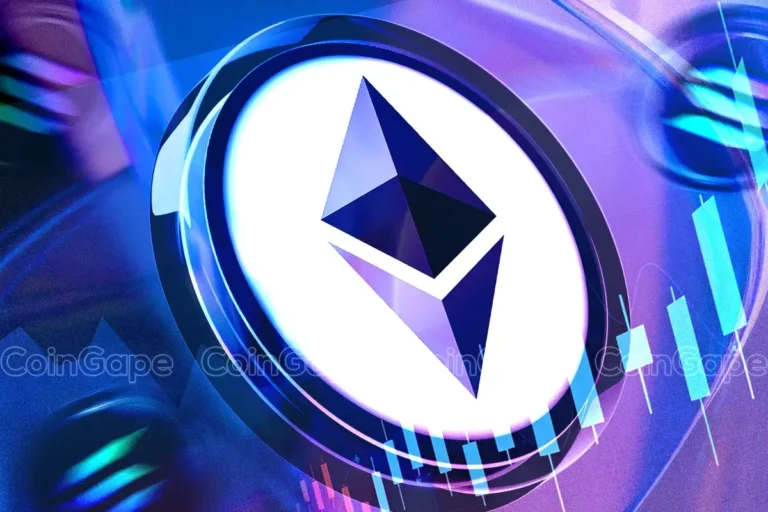Vitalik Buterin’s Vision for Lowering Ethereum Gas Fees
In a recent interview, Vitalik Buterin, the co-founder of Ethereum, emphasized the importance of reducing gas fees on the Ethereum network to make decentralized applications more accessible to users. He argues that in order for this solution to be viable, the cost must drop below $1, which would require an estimated 4.5x increase in Layer 1 (L1) capacity.
The Problem
Ethereum has gained significant popularity in recent years as the leading platform for decentralized applications and smart contracts. However, one major issue that has plagued the network is the high gas fees that users have to pay to make transactions. These fees can often be prohibitively expensive, especially for smaller transactions, making it difficult for some users to participate in the ecosystem.
The Solution
Buterin believes that increasing the capacity of the Ethereum network at the base layer is the key to reducing gas fees. By expanding the scalability of the network, more transactions can be processed at a lower cost, making it more affordable for users to interact with decentralized applications.
However, this solution is not without its challenges. Buterin acknowledges that achieving a 4.5x increase in L1 capacity will require significant technical advancements and coordination within the Ethereum community. Nonetheless, he remains optimistic about the potential benefits of lowering gas fees for the future of the network.
How This Will Affect Me
As a user of Ethereum and decentralized applications, the lowering of gas fees could have a significant impact on the cost of transactions. This would make it more affordable for me to interact with various dApps and smart contracts on the network, ultimately leading to a more seamless and cost-effective experience.
How This Will Affect the World
The reduction of gas fees on the Ethereum network could have far-reaching implications for the broader adoption of blockchain technology. By making decentralized applications more accessible and affordable, this change could attract a wider range of users and developers to the ecosystem, fostering innovation and growth in the space.
Conclusion
In conclusion, Vitalik Buterin’s vision for lowering Ethereum gas fees represents a crucial step towards improving the usability and scalability of the network. By reducing the cost of transactions and increasing L1 capacity, Ethereum has the potential to become even more versatile and inclusive, paving the way for a more decentralized and interconnected future.





